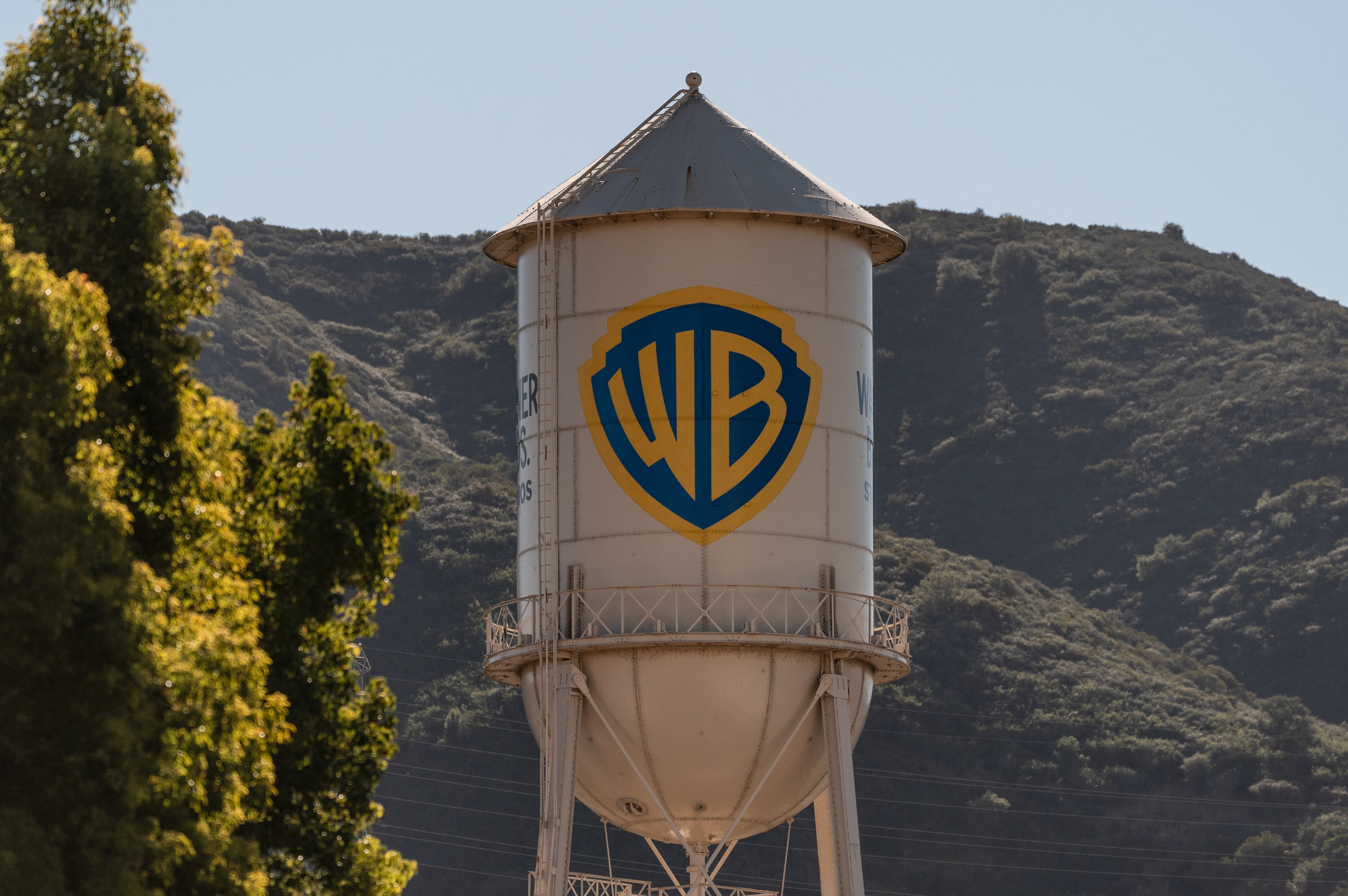Director absent, Gwinnett rec board members frustrated over ‘Promised Land’

Members of the Gwinnett County Recreation Authority expressed frustration Thursday over county leaders’ handling of a former plantation known as “The Promised Land.”
The recreation authority advises the Board of Commissioners and has the power to acquire land, yet members said they were “blindsided” by the county commission’s attempt to acquire about 10 acres of the former plantation, now owned by a Black family, through eminent domain — the government’s power to take private land for public purposes.
The county bought the former plantation house from the same family, the Livseys, in 2017 and intends to turn it into a museum highlighting the area’s history. A historical park with some recreated outbuildings was planned for the land around “the Big House.”
Board member Derrick Wilson, who represented the Promised Land area at Gwinnett’s southern tip before last year’s redistricting, and some community members at the meeting voiced disappointment that Community Services Director Tina Fleming was not present. They hoped Fleming would answer to accusations from Ruth Abram, a historian and descendant of the plantation’s owner, that Fleming was attempting to “whitewash the story” of slavery on the plantation.
In letters and documents to The Atlanta Journal-Constitution and the recreation authority, Abram said Fleming disinvited scores of people, including local leaders of the Black community, from meetings Abram organized to plan the “Big House” museum. Abram also said Fleming’s only reaction to her draft concept was to praise the work former slaver Thomas Maguire had done for Gwinnett County.
When Wilson asked about the budget for the Promised Land project, Deputy Parks Operations Director Eric Horne said: “There is no Promised Land project. There’s a Big House project.”
Without the land required for a park, the county is limiting its process to the restoration and interpretation of the plantation house, Horne said. The county has contracted with the architecture firm Lord Aeck Sargent and has not yet determined what restoring the house will entail.
Horne said he anticipated conducting community outreach in the second half of this year to help craft a proposal for restoration.
“We will pay what it needs to be,” he said. “The budget is approximately $800,000, but that’s just a number. We don’t know what it’s going to cost because we don’t know what the full scope is going to be. "
Recreation authority members described being swamped with phone calls, emails and Facebook messages after the AJC and others reported on the proposed eminent domain action, which the recreation authority was not involved in, or aware of, beforehand.
“What else are we not aware of that they’re not telling us, and we’re going to have to be the scapegoat?” Wilson said.
He also objected to the county’s plans to recreate slave quarters on the property for historical interpretation.
“This property has been owned for 100 years by African Americans,” Wilson said. “That’s like putting a concentration camp on a Jewish-owned property. No one would do that. In fact, they’d be called anti-Semitic.”
Chairman Robert Daniels and Samia Abdulle, who now represents the Promised Land area, talked about a prioritization exercise the board did last year that led them to believe The Promised Land would be a park. But, they said they were unaware the county did not own all the land or would try to use eminent domain.
Abdulle said trust needed to be rebuilt between the recreation authority, the county and the community.
A Black community member, who did not identify herself before making public comments, questioned what was being done to commemorate everything the Anderson and Livsey families have done to turn the former plantation into a bustling Black community.
“I don’t want to be reminded that we were enslaved,” she said. “I want to be reminded of being an entrepreneur, an educator, a wealth builder. ...Our history matters as well.”


